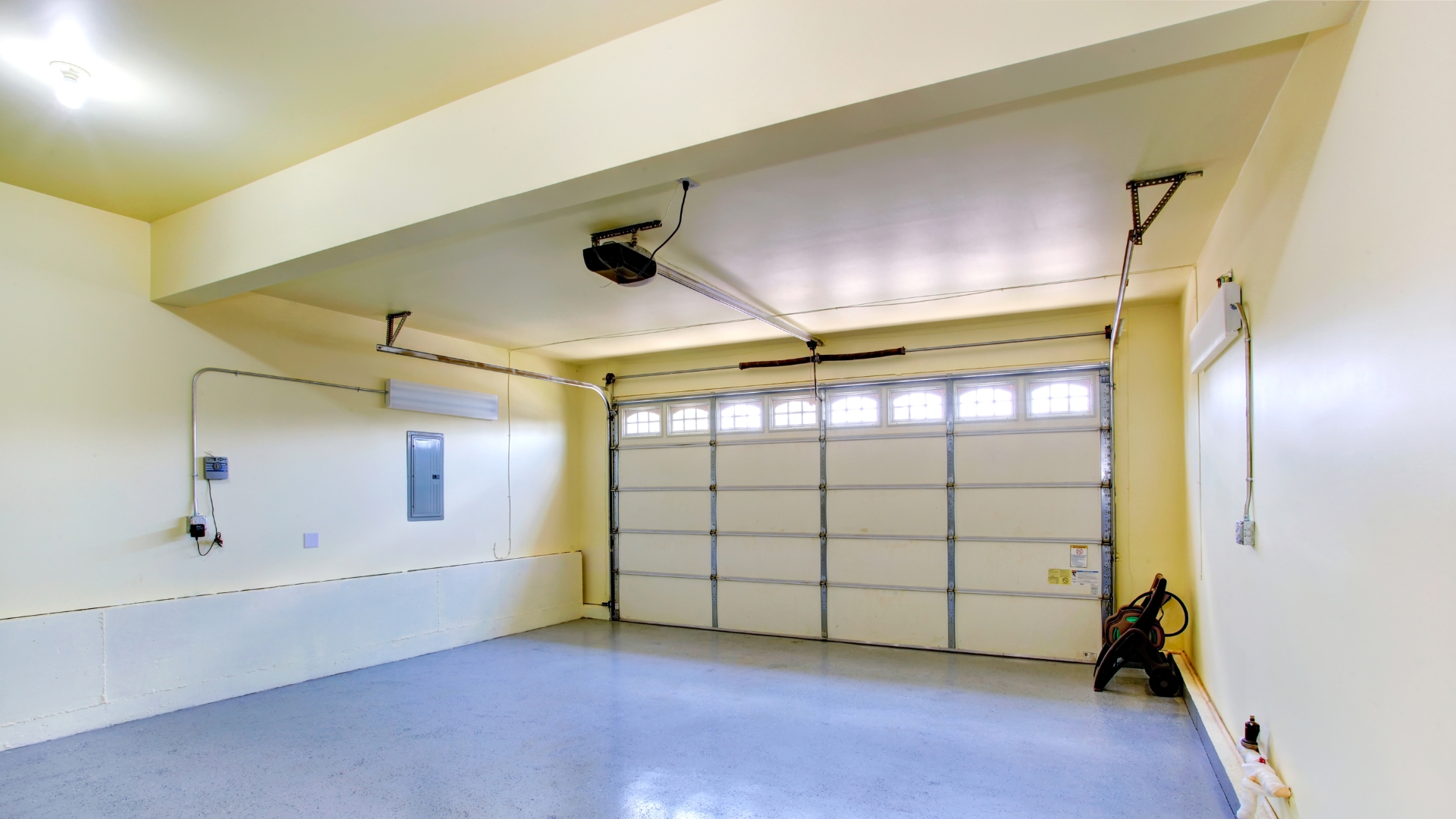
Your garage door is more than just an entryway; it’s a crucial part of your home’s security and curb appeal. Over time, wear and tear can take its toll, leaving you to decide whether to repair or replace it. Here are seven signs to watch for to help you make the right decision.
1. Frequent Breakdowns
If your garage door requires constant repairs, it might be more cost-effective to replace it. Frequent issues like broken springs, malfunctioning sensors, or worn-out cables can add up. Consider the age of the door and the accumulated cost of repairs when making your decision.
2. Slow Response Time
A garage door that responds slowly to commands or struggles to open and close might indicate underlying issues. This can be due to aging components, wear and tear, or misaligned tracks. If troubleshooting doesn’t resolve the problem, it may be time to consider a replacement.
3. Excessive Noise
While some noise is normal, excessive creaking, grinding, or squeaking sounds can be a sign of serious issues. Lubrication and minor adjustments might not be enough. Persistent noise could mean the door’s mechanisms are wearing out and a replacement is in order.
4. Sagging or Imbalance
A balanced garage door should stay in place when opened halfway. If your door sags, seems heavy, or doesn’t stay up without support, it could indicate issues with the springs or door structure. Sagging is not only inconvenient but also a safety hazard that may require a replacement.
5. Physical Damage
Dents, cracks, and other physical damage can affect the door’s functionality and appearance. While minor damage might be repairable, extensive damage, especially to the panels, may weaken the door’s integrity. If the door is heavily damaged, replacing it might be the better option.
6. Increased Energy Bills
An old or poorly insulated garage door can cause your energy bills to spike, especially if your garage is attached to your home. Insulated doors help regulate temperature, reducing energy consumption. If your garage door is contributing to higher bills, consider upgrading to a modern, insulated model.
7. Outdated Design and Features
Garage doors have come a long way in terms of design and technology. If your door is outdated, upgrading can enhance your home’s curb appeal and security. Modern doors come with improved safety features, better insulation, and smart technology for added convenience.
Making the Decision
When deciding whether to repair or replace your garage door, consider the severity of the issues, the age of the door, and the long-term benefits. While repairs can extend the life of your door, there comes a point when replacement is more cost-effective and beneficial.
Repairs are Ideal When:
- The door is relatively new (less than 10 years old).
- Issues are minor and infrequent.
- The cost of repairs is significantly lower than a replacement.
Replacement is Ideal When:
- The door is old (more than 15 years old) and frequently breaks down.
- There is extensive physical damage.
- You want to improve energy efficiency and upgrade features.
Conclusion
Regular maintenance can extend the life of your garage door, but knowing when to repair or replace it is essential for maintaining the security, efficiency, and aesthetics of your home. Keep an eye out for these seven signs to make an informed decision, ensuring your garage door serves you well for years to come.